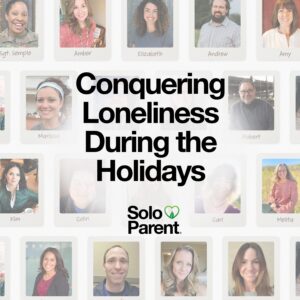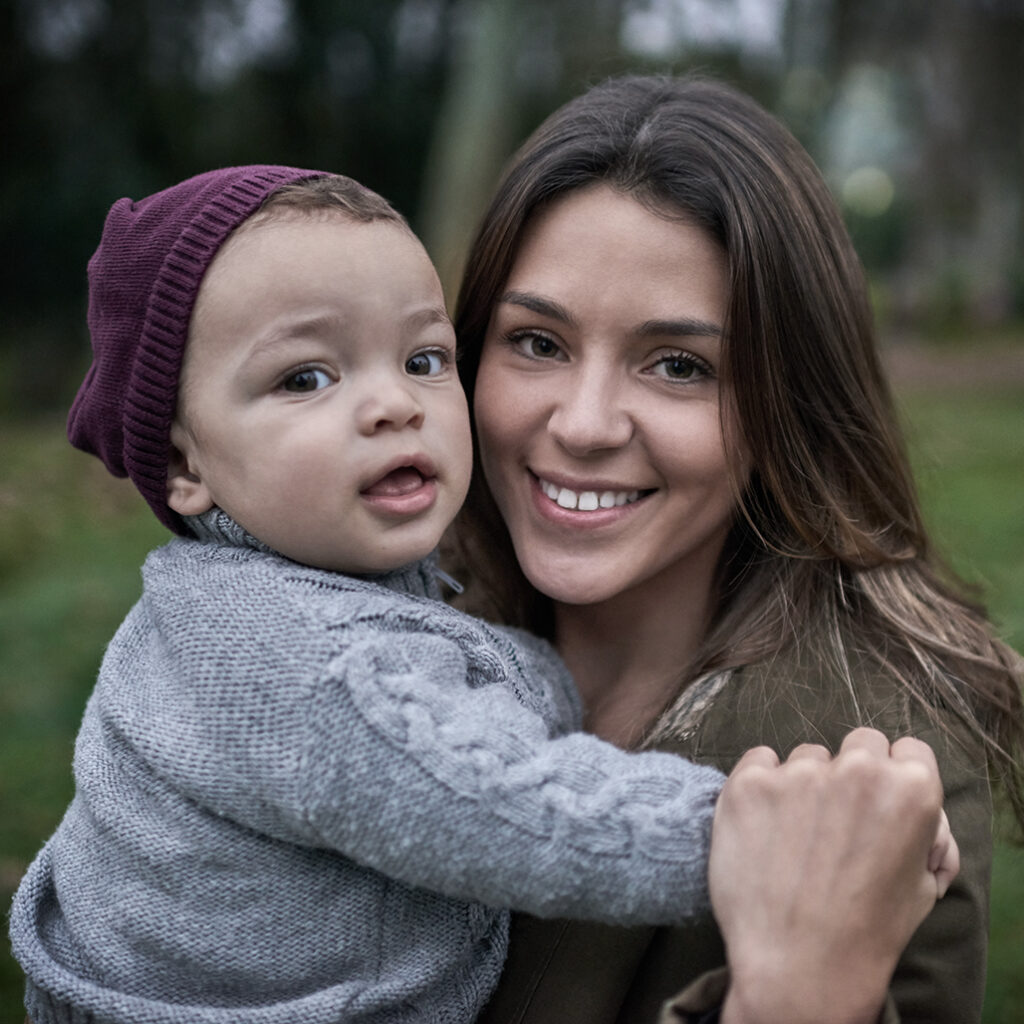Let’s just start here: if you’ve ever found yourself reacting to your child in a way that felt… disproportionate—you’re not alone. Not even close. Whether you’re a single mom barely hanging on after a long day, or a dad navigating teenage rebellion without a backup plan, we’ve all been there. Triggers are real. They’re raw. And—believe it or not—they can be an invitation into healing.
We All Have Trauma. So, We All Have Triggers.
No one gets out of life without scars. Some are obvious—like the death of a spouse or divorce—while others are subtle, like instability in childhood or never really feeling safe growing up. But they all leave their mark. And those marks? They don’t just disappear when we become parents. In fact, our kids—God love them—have an uncanny ability to poke at those bruises without even trying.
And when you’re a solo parent, you don’t have the luxury of tapping out. There’s no one else to tag in. So when that seventh-grade attitude surfaces, or your child reminds you of someone from your past, the emotional reaction can come out sideways. You’re not reacting to your child—you’re reacting to everything behind you.
We want to talk through what to do when that happens. Because it will happen. And here’s the good news: it doesn’t have to derail you or your relationship with your child. In fact, it can be a path toward deeper connection—not just with your kids, but with yourself.
What Exactly Is a Trigger?
A trigger is an emotional overreaction that’s not quite proportional to the present moment. It usually signals something deeper. Maybe your child says something disrespectful, and suddenly your body is in fight-or-flight. Your heart races. You want to yell. You feel unsafe.
That’s the thing—triggers often feel like danger, even when you know there isn’t any. For one mom, her son said something that reminded her of his father who had passed. Her reaction had little to do with her son—it was her past coming up, uninvited.
For another parent, it wasn’t even something their child said or did. It was a life circumstance—like instability—that stirred up old memories of a childhood without roots. And suddenly, the fear that everything’s going to fall apart kicks in hard.
Sometimes, the trigger isn’t even about the kid at all. It’s a smell, a tone, a failed test. Your brain connects it to an old story, and your nervous system reacts as if history is repeating itself.
Step One: Becoming Aware
If we want to change how we respond, we first have to notice what’s happening. That starts with becoming aware of your body and your thoughts.
When you’re triggered:
- Notice your heart rate. Are you tense? Clenching your jaw?
- Ask yourself, “What am I feeling right now? Where am I feeling it?”
- Is this response really about what’s happening right now—or does it belong somewhere else?
One of the most helpful practices is keeping a “trigger journal.” Write down what triggered you and what it reminded you of. Patterns will start to surface, and with them, the opportunity to heal.
Step Two: Create Space to Regulate
You don’t have to respond right away. In fact, you probably shouldn’t. Especially if you’re activated.
Take a break. Breathe. Literally. Try box breathing: inhale for 4 seconds, hold for 4, exhale for 6. Do this for a minute or two. Research shows that most intense emotions only last around 90 seconds. You just need to ride that wave without acting on it.
Other grounding techniques:
- Rub your hand on your jeans and focus on the texture.
- Count the blue things in the room.
- Go outside, barefoot if you can.
- Distract yourself with something simple—play a game, wash a dish, fold a towel.
All of these are ways to get your brain out of its emotional, reactionary mode and into a space where you can think clearly.
Step Three: Repair and Reconnect
Let’s say you blew up. It happens. The good news? You can repair. And this might be the most powerful part of all.
Apologizing to your child, even simply saying, “Hey, that reaction wasn’t about you,” can not only strengthen your relationship but also heal parts of you that never received an apology.
That moment of repair says:
- “You’re not responsible for my emotions.”
- “I love you more than my past.”
- “You are safe with me.”
This is reparenting you and parenting your child all at once.
Step Four: Embrace the Healing Power of Triggers
What if triggers aren’t just something to manage… but something that can help us heal?
When we stop avoiding the things that make us feel unsafe and start leaning into them with awareness and grace, we find freedom. We rewrite old stories. We reclaim our power.
One parent shared how her son—once a trigger—eventually became a part of her healing journey. The more she showed up to the discomfort, the less control it had over her. And she got to love him from a healed place, not a hurt one.
Takeaways
- Triggers are normal—especially for solo parents. They signal that something deeper is asking to be seen.
- Awareness is the first step. Start tracking what sets you off and why.
- You can repair. Even if you react poorly, it’s not too late to come back and make things right.
- Healing is possible. Your child may unknowingly be helping you grow in ways you never expected.
Listener Question: How do I stop feeling guilty when I say no to my kid?
Short answer: You might not. But that doesn’t mean it’s the wrong call.
Picture what’s on the other side of your “yes.” Is it truly good for them—or just easier for you in the moment? Guilt is real, but love sometimes sounds like “no.”
Boundaries create safety. Structure brings peace. And explaining the “why” behind your no—again and again if needed—builds trust.
And if the guilt still lingers? That’s okay. It means you care. But you can care deeply and lead wisely.
We want you to know—just because you’re triggered doesn’t mean you’re broken. It means you’re human. And if you’re willing, those moments can be the very ground where healing begins. You’re not alone, and you’re doing better than you think.




